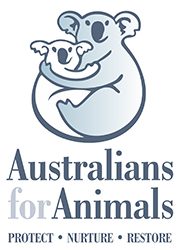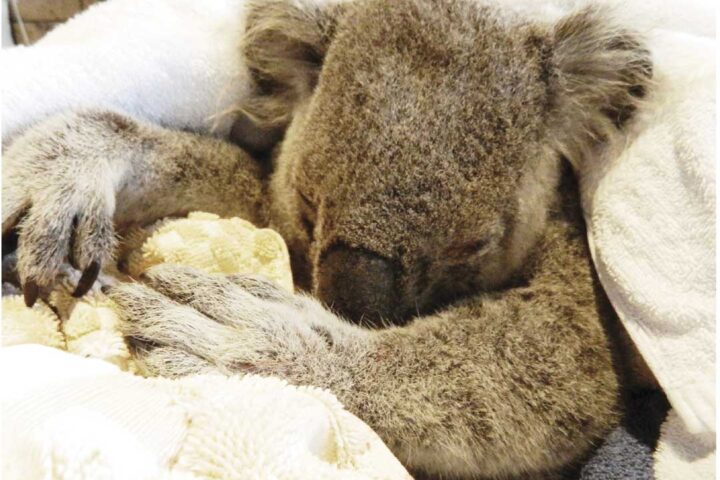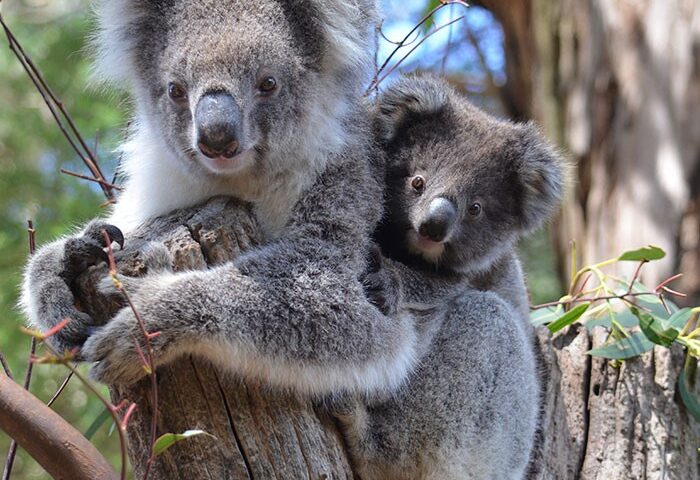(Dolphin Slave Trade)
Brutal hunters chase profit as they drive bottlenose dolphin pod into Taiji Cove; dolphins selected for sale in this single hunt could bag over US$7 million.
Each year from September through March, hundreds of dolphins are caught in one small cove along Japan’s Pacific coast and either traded as a live commodity (or Dolphin Slave Trade), or slaughtered and sold as meat.
Bad weather has hampered the hunt so far this month. There has only been one ‘red cove’ day when the sea became a bloodbath as 10-15 Risso’s dolphins were slaughtered. In the frenzied struggle, one dolphin beached itself on rocks in an attempt to escape, as onlookers, including Dolphin Project’s Ric O’Barry, watched helplessly. The dolphin died from shock.
Marine conservation group Sea Shepherd’s Taiji Dolphin Defence Campaign has a team of Cove Guardian volunteers on the ground every year to report dolphin hunt brutality to the world.
Sea Shepherd are calling this year’s dolphin watch Operation Henkaku, or metamorphosis, to represent the changing attitude to the hunt. In exposing Taiji, Sea Shepherd and other cetacean conservation groups are urging policy makers to consider ending this shameful dolphin trade.
On Saturday, the hunters drove a large pod of around 80 bottlenose dolphins into the cove. Sea Shepherd’s Cove Guardians reported events to the world over two days through
livestream.To unsuspecting onlookers, there would be nothing untoward as hunters and trainers ferried live dolphins ensnared in a sling secured to the boat, from the cove round to tranquil harbour waters.
But the reality of this hunt is far from tranquil. The entire pod was driven into the cove and nets were erected to prevent escape. Distressed dolphins became exhausted as they swam round and round in circles. In a slow and torturous process, the prettiest dolphins – 50 in total – were selected to be sold. A trained bottlenose dolphin is prized by captive facilities that will pay around US$150,000.
The dolphins were left overnight, some in pens and the remainder trapped in the cove, to be processed the next day. Cove Guardians were concerned the dolphins in the pens had not been adequately fed, and had suffered severe stress from the drive and selection process, and subsequent confinement.
Like humans, dolphins experience pain and suffering, and live in social groups. Cove Guardians witnessed hunters separate a female dolphin from her tiny calf. The mother is destined for a life in captivity. The calf was released on Sunday with the remainder of the pod. Baby dolphins are dependent on their mothers and this calf is unlikely to survive.
Through the internet, the truth is being told by animal rights and conservation groups, and scientists, as well as individuals who care about animal welfare.
The impact of increased global awareness is that dolphin deaths have fallen from 1,537 in 2004 to 751 in the 2014/2015 season, according to
Ceta-Base data. However, the actual death toll is likely to be higher than reported, because data includes only killings, and not dolphins that died after release. Stress of capture, followed by separation from their pod has a significant impact on survival.
I
reported last month on the
News Hub that the hunt is defended on the basis of tradition and culture, and justified on the basis that dolphins are not endangered. Yet the ‘traditional’ meat trade would no longer be viable without the substantial profits from selling trained dolphins to facilities like China’s Beijing Aquarium that was supplied last year.
When people visit attractions that buy wild dolphins, they are unknowingly supporting brutal drive hunts like Taiji. Dolphins are not just kept in captivity in well-known facilities like SeaWorld, but in many smaller aquariums, hotels, and swim with dolphin experiences.
The World Association of Zoos and Aquariums (WAZA) has banned member nations from sourcing dolphins from drive hunts, and that ruling includes the Japanese Association of Zoos and Aquariums (JAZA). There are around 150 Japanese zoos and aquariums, but not all are members of JAZA.
In past seasons, around half of the live dolphin catch has been exported to countries such as China, Russia, and South Korea. Taiji dolphins are sold to captive facilities that may not need to comply with WAZA animal welfare standards.
These wild dolphins will spend their life in cruel confinement. Taiji Cove doesn’t need to turn red with the blood of slaughtered dolphins for the horror of this trade to be realized.
The dolphin hunt can be replaced by dolphin and whale watching eco-tourism, and sustainable fishing, which would benefit many more people. Ending the trade would have a positive effect on tourism in Taiji, bringing visitors to watch marine mammals in their natural habitat.
Former dolphin hunters like
Izumi Ishii in Futo have already made the transformation. Using his expertise, he is now running a successful dolphin and whale watching businesses. Ishii is a strong campaigner against whale and dolphin hunts and seeks to educate his people on a better way forward. His boat, Kokaimaru translates to “Bright Sea”.
Well managed eco-tourism is the future; barbaric capture and slaughter should be left in the past.
Australia for Dolphins has a petitionto ask the Japanese authorities to end the Taiji drive hunt, which you might like to sign. Contact the Japanese Embassy in your own country or the Japanese Prime Minister as suggested in an earlier News Hub report. For further information on co-operative campaigns and how you can help to end the Taiji hunts see Australia for Dolphins and the Dolphin Project Dolphin Slave Trade SOURCE: https://www.the-newshub.com/environment/operation-henkaku-exposes-japans-dolphin-slave-trade
Image credit: Dolphins trapped in the cove (Dolphin Project)
Guarding captured dolphins (Sea Shepherd Cove Guardians)
Dolphins performing in Beijing Aquarium (Autumn Park on Flickr)




